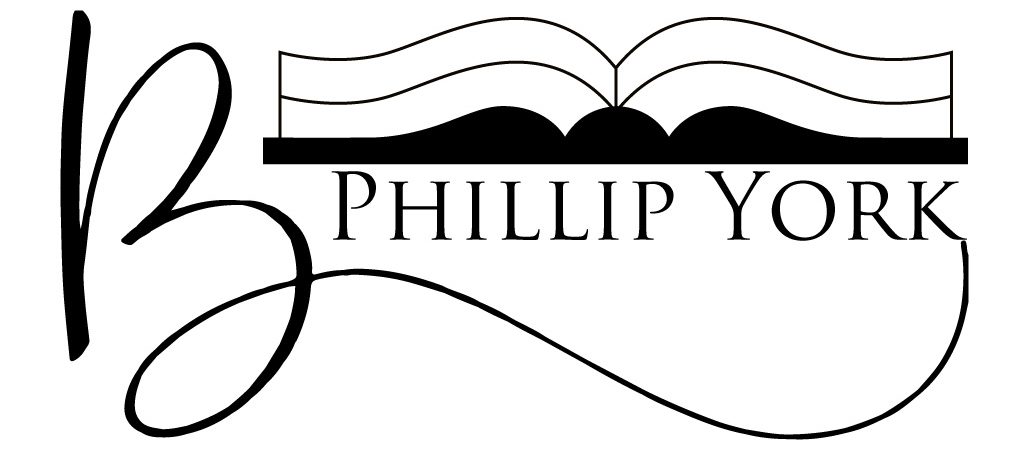
Or any sort of Fiction
In statistics, there’s a useful concept: the null hypothesis. The null hypothesis is that we didn’t find anything, nothing statistically happened, we have no real result. I use this concept a lot in my writing, and my reading and I apply it like this: if you don’t tell me differently, I assume my null hypothesis, which is that it is Earth, or earthlike. That is if the author doesn’t find some way to tell you the gravity is really high, I assume the gravity is the same as Earth, literally 1 g, one gravity. If you tell me an animal is a wolf, I assume it has four legs, a tail, likes to howl, an unnerving scary stare, hunts in packs, has live offspring, tends to roam a lot, all the sorts of things that we take for granted when we are talking about wolves.
Calling something that’s not a wolf a wolf does present an opportunity, but also a liability. You want to be careful not to unfairly trick your reader. If a wolf is not the same as a wolf from Earth, that’s fine, but there should be clues or an outright description along the way, that notes the dissonance. This is part of the skill of worldbuilding. You don’t want to infodump and say “wolves are furry creatures that eat meat and hunt in groups, often at night, they are a hierarchical animal that cares for their live young closely and like all meat-eaters, they have six legs.” Rather it’s far better to observe a wolf scratching its ear all scrunched up with it’s mid-legs and it’s back legs swinging in the air from its vigorous motion. This is an example of what I would call world-showing, not world-telling.
However, I also try to live by the dictum that Mohammed does not talk about camels. In our everyday lives, we don’t note things that are common or unremarkable, our eye just slides on by them. In journalism, this is explained by the aphorism that if a dog bites a man, there’s no story there, but if a man bites a dog, that’s worth reporting. If you’re telling a story, then you want to note what’s unusual or uncommon, what is essentially noteworthy. For speculative fiction and worldbuilding purposes, this distinction is part of what creates the skill of crafting and revealing a world. How do you tell your readers something that to a character is not worth noting?
Some questionable ways of doing this:
Explanatory historical prologue
Front-loading.
As you well know…
I professor know-it-all will now lecture you, the class.
Omniscient info-dump, especially that goes past a single paragraph.
In my opinion, the best way to worldbuild is a piece at a time. A fact here, a notion there, scattered around on the ground for the readers to pick up. Dribble it out, don’t pour it. Keep the reader thirsty to learn more about the world. Trust in your reader, and in yourself and your story. It’s the story, after all, that is the point and what the reader is truly interested in. If they just want your worldbuilding then you’re not writing a novel, you’re writing a travel log or an encyclopedia or a sourcebook for a game.

